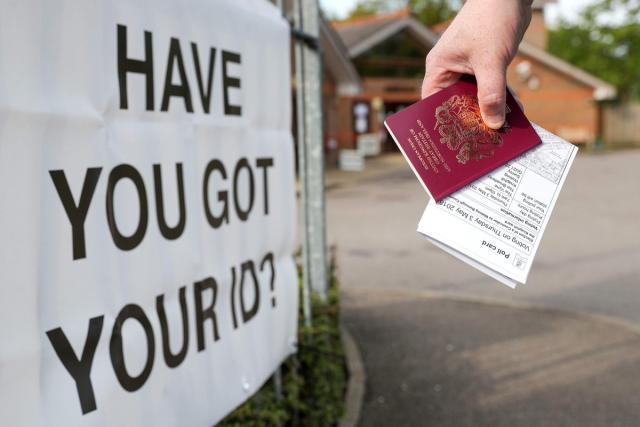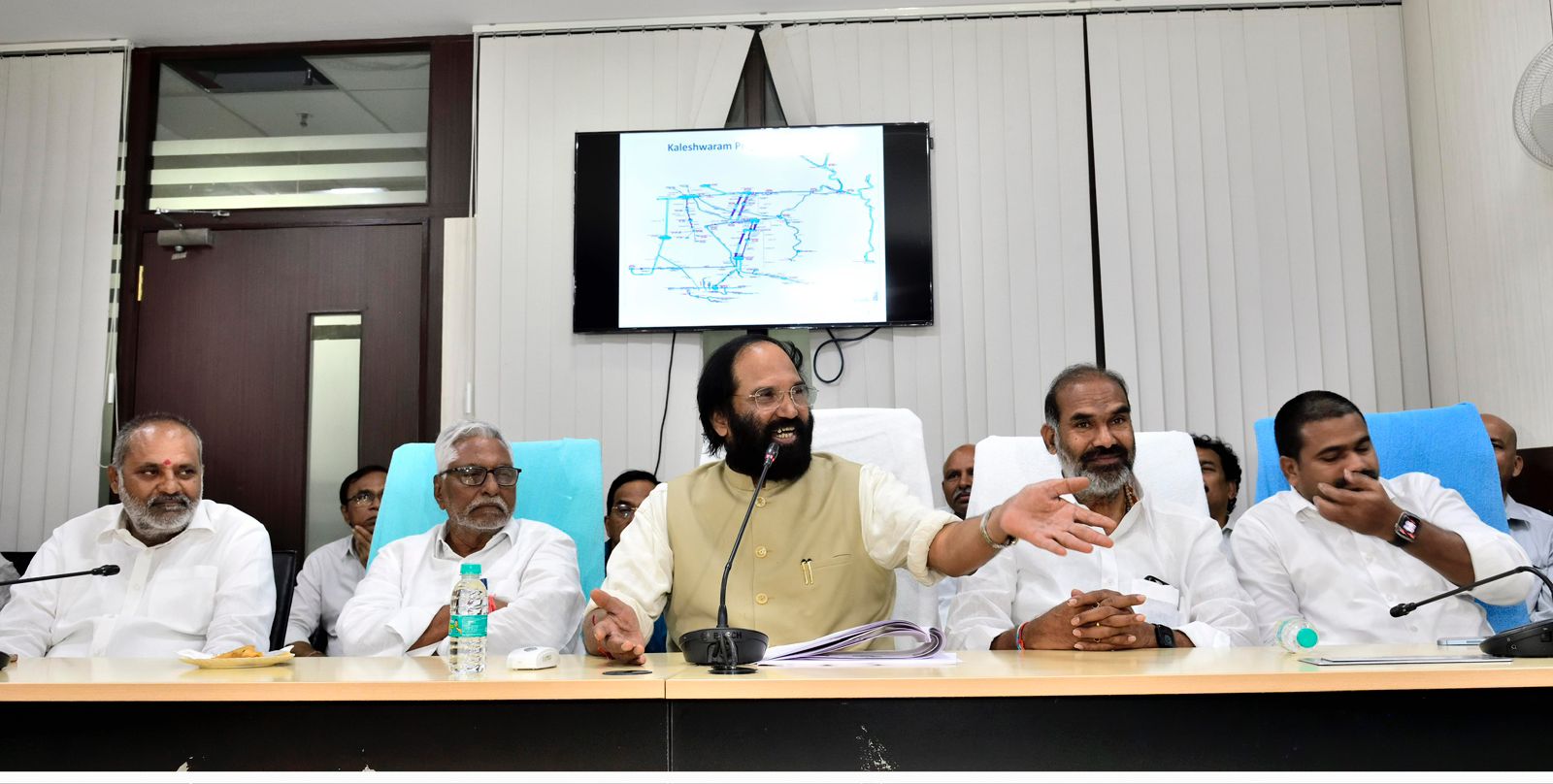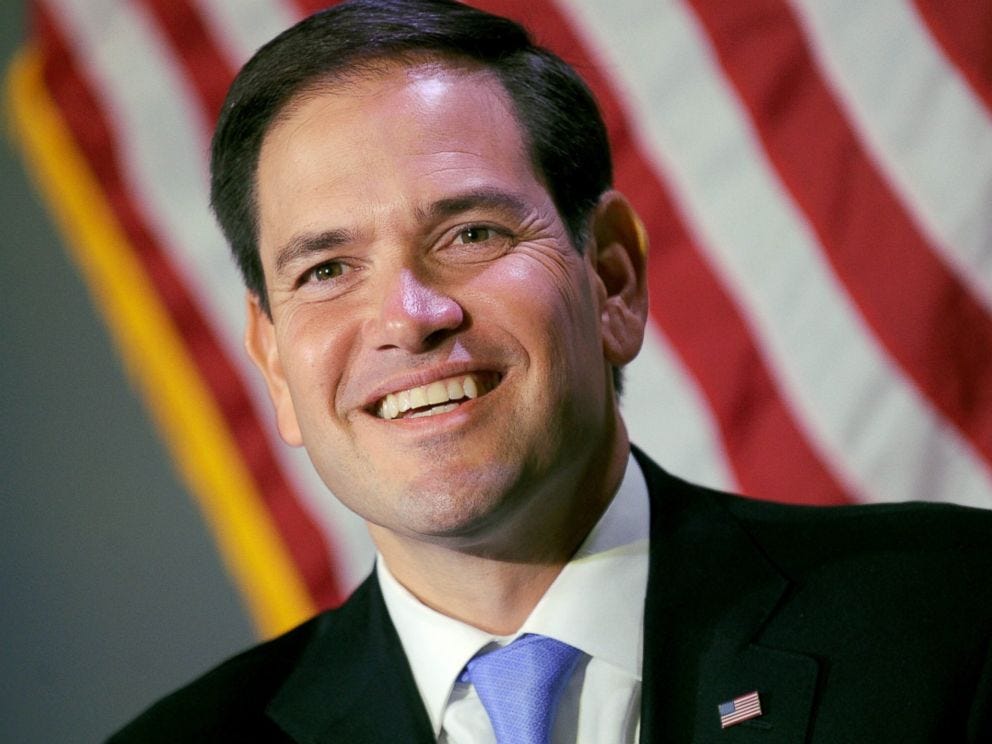England votes in first local elections requiring compulsory voter IDs

London: Voters across large parts of England are voting in local elections on Thursday to elect hundreds of councillors and some local mayors in the first election where a form of voter identification (ID) is compulsory.
Elections are being held in 230 of England’s 317 councils, within district, borough, county borough and unitary authority councils, and mark the first ballot box outing for Rishi Sunak since he took over as British Prime Minister in October 2022.
Local elections are often seen as reflective of what a general election might hold, but pollsters have cautioned that they have not always gone on to be the right indicator for national-level results.
Besides local councils, four mayoral elections are also taking place in Bedford, Leicester, Mansfield and Middlesbrough. The polling booths will close at 10pm local time, with the results expected to start trickling in from late Thursday night into Friday morning and afternoon.
It marks the first time that people will be required to take a form of photo ID with them to be eligible to vote – which could be a passport or driver’s licence or one specifically applied to, especially from the local council.
“If you’re planning to vote in person at your local elections, you must remember to bring accepted photo identification with you to the polling station,” said UK Levelling Up Secretary Michael Gove.
“These changes will prevent electoral fraud and ensure elections remain free and fair. You can use a wide range of photo identification such as a driving licence, but make sure you check eligibility before heading out to vote,” he said.
The reform was introduced to bring the rest of the UK in line with Northern Ireland, which has had the requirement for photo identification to vote in elections since 2003.
The Department for Levelling Up, Housing and Communities said the move will ensure that elections are better protected from the potential for voter fraud.
As well as learning from the experience in Northern Ireland since 2003, the government undertook election pilots in 2018 and 2019 to trial identification.
For instance, it was found that in Woking which piloted photographic identification, the evaluation report showed that 99.9 per cent of voters were able to successfully vote.
Both the government and the Electoral Commission will be undertaking evaluation reports on these local elections, the Department noted. Voter IDs are expected to also become compulsory at all general elections in the country in the future.
There are 230 councils fielding 8,000 candidates and #DogsAtPollingStations was once again trending on social media, as is customary during polls in the UK when pictures of pets waiting outside a polling station are shared around.
The election code of practice prohibits any party political campaigning or messaging on the day of the elections.




